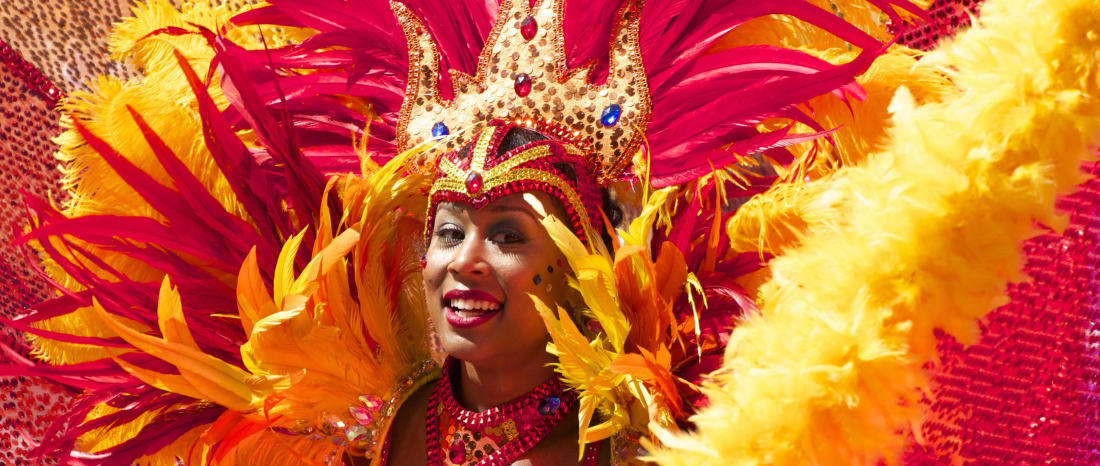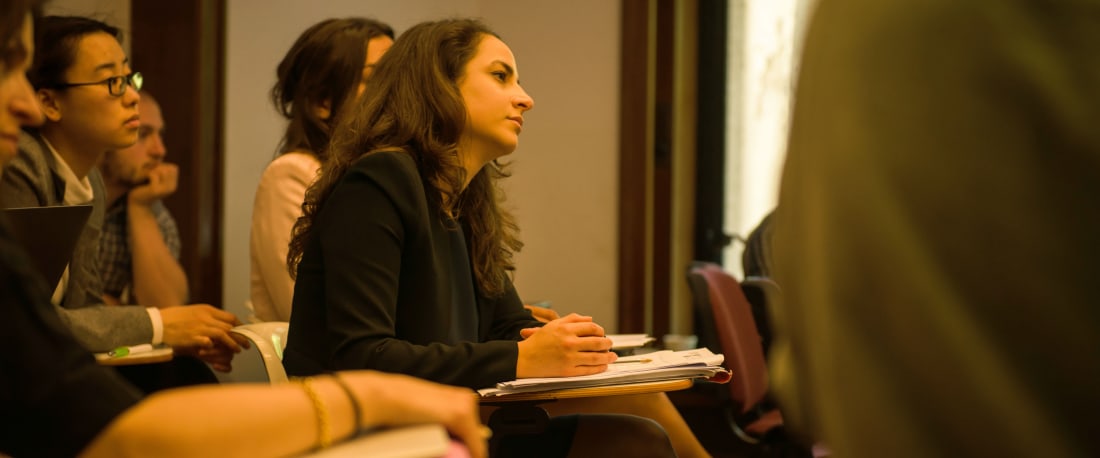Study Master in Belgium 2024
Study in Belgium
Located in western Europe, Belgium has about 40 miles of seacoast
on the North Sea, at the Strait of Dover.The Meuse and the Schelde, Belgium's principal rivers, are important commercial arteries.Belgium's strongly globalized economy and its transport infrastructure are integrated
with the rest of Europe.Its location at the heart of a highly industrialized region helped make it one of the world's 20 largest trading nations.Belgium is located in Western Europe,
with borders
on the North Sea, France, Germany, Luxembourg and the Netherlands.The capital, Brussels, is located in the middle of the country and is home to many important European organizations including the European
Union, the European
Commission, and the North Atlantic Treaty Organization
(NATO).
In addition to chocolates and beer, Belgium is famous for having the first newspaper in the world, which was printed in Antwerp.
Climate
Due to Belgium’s small area, the climate is relatively uniform throughout the country. The overall climate is temperate, with mild winters and cool summers, and a typical day is somewhat rainy and cloudy. The terrain includes flat plains, rolling hills, and mountains.
Culture
Belgium is well-known for the legion of cultural activities and sporting events available, particularly in Brussels. Students will find events and venues for music, painting, theater, film and other arts. Many events such as concerts and conferences have reduced rates available for students.
Cost of Living
The cost of living for students in Belgium is relatively low. In addition to tuition and fees, students can expect to spend about €800 per month on living expenses, with about half of that going for housing. Regardless of nationality, full time students are allowed to work to help defray costs. Students from countries outside the European Economic Area (EEA) may be required to obtain a work permit.
Change currency
Basic monthly living cost
Rent in a shared flat
414Share of utilities
64Internet subscription
49Local transportation
49
Sample lifestyle cost
Fast food combo
10Cinema ticket
12Pint of local beer
4
About Belgium
Higher Education
Higher education institutions in Belgium offer bachelor’s, master’s and doctorate degrees. Belgium has two types of institutions of higher education:
1- University education is offered by universities, and includes education in a selected discipline along with scientific research.
2- Non-university higher education includes both university colleges and art academies. University colleges prepare students for specific professions. Art academies teach the theory and practice of various arts.
Many masters degree courses are taught in Dutch or French, and some programs and courses are taught in English.
Why Study in Belgium?
Belgium is in the heart of Europe, just a short train ride away from major cultural cities such as Paris and Berlin. As a crossroads of Europe, Belgium is known for its multiculturalism and welcoming attitude toward international students.
Belgian institutes of higher education are recognized around the world by both the business and scientific communities for their high quality. Belgium also boats a high quality of life, including low tuition, excellent health care and a robust public transportation network.
Universities
Belgium has six universities that cover masters degrees in all fields of study, such as economics, engineering, languages and psychology.
Belgium’s 21 university colleges offer master’s programs in eight areas: agronomics, applied arts, economics, paramedical, education, social sciences, technology, and translation & interpretation.
Belgium also has 17 art academies that offer master’s degrees in one of four general areas: fine arts, music, dramatic art, and broadcasting techniques.
Tuition and Program Duration
Tuition in 2012-2013 at universities for students from EU countries is 835€. Students from non-EU countries pay additional fees of about 2,000€ to 4,000€ depending upon their program of study and university.
Tuition at university colleges and art academies is lower. The 2012-2013 tuition for a master’s program is 351€ each year except for the final year, which is 455€. Again, additional fees may apply for students from non-EU countries. The specific institution can provide information on these additional fees.
Master’s degree programs are 1 year (60 credits) or 2 years (120 credits) depending upon the field of study. In addition, students who already have a master’s degree can obtain a Complementary Master’s degree with a minimum of 60 credits in a specialized profession.
Academic Year
The academic year includes three terms. The first term begins in mid-September and runs through the end of December, followed by exams in January. The second term begins in early February and runs though the middle of May, followed by exams at the end of May or early June. The third term runs over the summer. Students who fail exams may retake them during a session that runs from mid-August to mid-September.
Post-Graduate Opportunities
International students who obtain a master’s degree in Belgium may work for a Belgian company after graduation. However, the right to work is not automatic, so students should check the current laws if they are offered a position. At a minimum, students may be required to obtain a work permit; this applies to students from both EU and non-EU countries.
Students who wish to continue their studies may be admitted to a doctoral program and join a research team after obtaining their masters degree in Belgium.
Visa Requirements
Students from EU/EEA-member countries do not need a visa to study in Belgium. Students from other countries may require a visa; however, as requirements vary for each country, prospective students should contact the Belgian embassy or consulate in their home country.
Health Insurance
Non-EU member students who do not have health insurance from their home country that covers a stay in Belgium are required to join a “mutuelle” to receive health care benefits. Students from EU countries must have a European health insurance card from their home country; this card allows them to join a mutuelle under the same conditions as a Belgian national. Health insurance costs about €50 per quarter for each person and must be paid during the term of study.
Tips
Since French and Dutch are the languages of choice for instruction in Belgium, prospective students for some master’s program may be required to pass a Dutch or French language proficiency exam. For specific requirements, students should ask the institution they are interested in attending. Most institutions offer additional language instruction to students who have difficulty with the language of tuition.
Although the cost of studying in Belgium is low, there are still many scholarships and grants available for students of master’s programs who need additional assistance.
Visa Requirements
For non-EU/EEA/Swiss nationals who want to study in Belgium for a period exceeding 90 days.
What type of Visa do you need?
Visa name
Visa D (national long-stay visa)
Price and currency
USD 200
You can expect to pay $200 or more for processing your visa application. The fees are subject to change.
Who can apply for the visa?
If you are an EU/EEA/Swiss citizen, you don’t need a visa to study in Belgium. However, you should be enrolled at a recognized university or institution of higher education as their main occupation in Belgium, have sufficient funds to cover expenses while studying in Belgium, and have adequate health insurance coverage.
If you are a national from a country outside the EU/EEA/Switzerland, you will most likely need to apply for one in order to enroll as a student of higher education there for a period of longer than three months. Students from some countries (such as the US) are not required to obtain a visa for Belgium if their stay is no longer than 90 days.
Before you can apply to get a Belgian student visa, you will generally need to be accepted into a course or study program by a recognized Belgian university or education institution.
Students from the People’s Republic of China must obtain an academic evaluation certificate issued by the Academic Assessment Centre (APS) before being authorized to enroll in a higher education institution in Belgium. This APS certificate is required to obtain a student visa for Belgium. The examination consists of a technical assessment of your diploma and an interview.
Where can you make the application?
Belgium embassy or consulate
You should apply for your student visa at the Belgium embassy or consulate in your home country.
How to make the application?
Before applying for a student visa for Belgium, you first need to be accepted onto a course at an accredited educational institution and pay the registration fees (this will be refunded if your visa application is rejected). If you are an international student, you will then need to contact your nearest Belgian embassy or consulate in your country. The embassy will help you determine whether you need a student visa and will guide you through the visa application.
For your student visa application, you may be asked to provide the following:
- a valid passport/travel ID;
- proof that you have a place at a recognized institution;
- copies of educational certificates;
- details about the course;
- evidence of sufficient funds to cover your living costs, study, healthcare and repatriation costs (EUR 617 per month for the 2015-2016 study year);
- a medical certificate;
- proof that you don’t have a criminal record if you’re older than 21 years.
To prove your acceptance at a recognized institution, you can provide one of the following:
- the official confirmation of registration for the program;
- an attestation which indicates you have access to the anticipated studies;
- proof of your registration for the entrance examinations.
You may also be asked to provide a letter outlining why you have chosen your particular course, why you want to study in Belgium and how this will benefit you. Additionally, you may also be asked to show some language proficiency in the language the course will be taught in.
Within eight days of your arrival to Belgium, you must visit your local municipal administration offices/town hall (maison communale/gemeentehuis) to request your residence permit and be registered on the foreigner's population register.
When should you apply?
For a long stay study visa, it is recommended that you make an appointment at the embassy at least two months before your departure. For a short stay visa, make an appointment at least 3 weeks before your departure.
The length of the student visa depends on the course length. You can apply to renew your residence permit yearly, approximately 30 to 45 days before its expiry date.
Processing time
2 Months
Work opportunities
If you’re a foreign student enrolled at a Belgian educational institution and have a valid residence permit you can work up to 20 hours a week during term time, as long as it does not interfere with your studies. You will need to get a written fixed-term contract from your employer, which is known as a ‘student employment contract’, and a type C work permit. Otherwise, you can work during official university holidays without the need for a Belgian work permit.
Hours per week
20
Why do you need this type of visa?
Your visa application can be rejected if you have previous criminal history or if you have been deported from the EU. Another reason for rejection is if your documents proving that you will be student are missing or not complete.
Institutions
- Economics School of Louvain
- European University of Post-Industrial Cities (UNIC)
- Ghent University - Faculty of Pharmaceutical Sciences
- Ghent University - Faculty of Engineering and Architecture
- EIT Urban Mobility Master School
- Université de Lorraine
- EIT RawMaterials Academy - AMIR
- The International Master’s in Advanced Research in Criminology
- Ghent University - Faculty of Bioscience Engineering
- EIT RawMaterials Academy - SUMA


